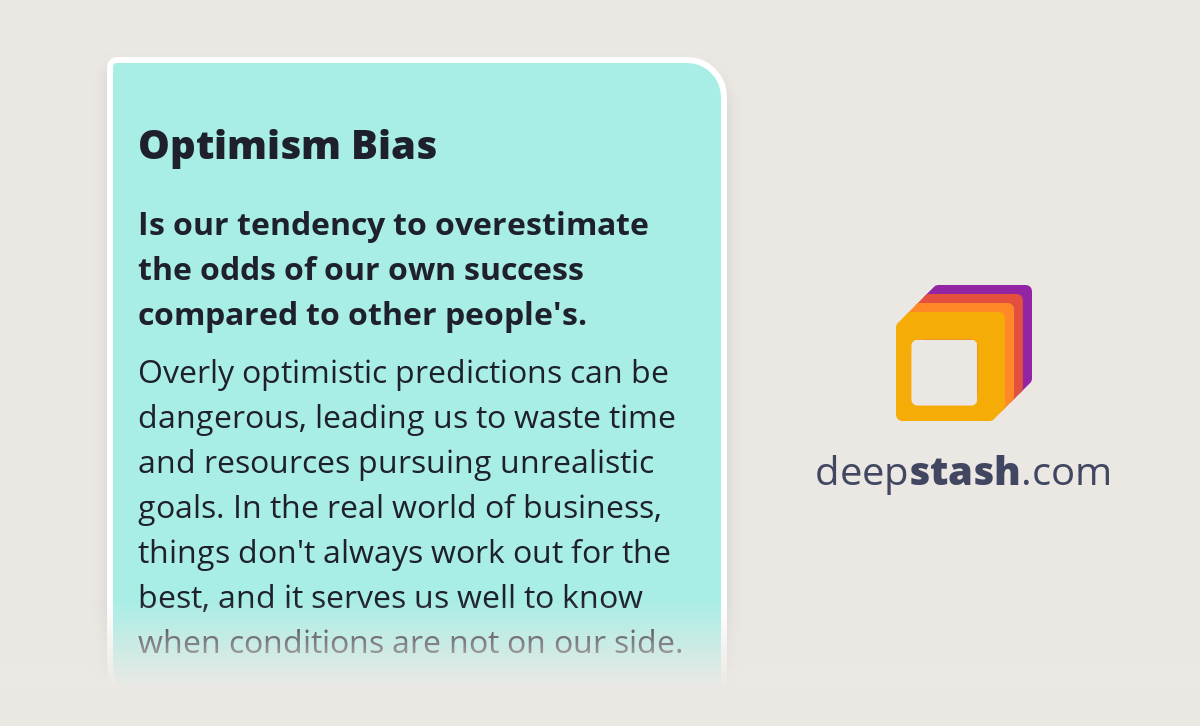

However, optimism and pessimism are not polar opposites. In other words, they take action and contribute to solving problems, while pessimistic people choose to stay more passive and avoid taking responsibility due to their negative expectations. Optimism is the expectation that good things will happen in the future despite problems, challenges or negative life events. However, this doesn’t mean always seeing the bright side of life. Optimistic people do notice problems and challenges, but compared to pessimistic people, they are more proactive about making things better as they believe that things can change. Astrid Schütz, I published a chapter1 on optimism in the Encyclopedia of Personality and Individual Differences. After reviewing hundreds of research studies conducted on the topic, we compiled the most important findings on what optimism is and its positive and negative consequences in our lives as well as ways to become more optimistic. Let’s dive into some of the interesting insights. There are some misconceptions around optimism and whether it’s good or risky. In time, with the help of research studies and life experiences, I have become much sympathetic to optimism.

I’ve been doing research on wellbeing for some time now, and optimism is one of the constructs that is strongly related to wellbeing. I think it was because I believed that a certain amount of pessimism is also good and can prepare you to handle threats to your wellbeing – which is not false, as you will read in this piece. When I was younger, I used to be a little annoyed by the phrase ‘optimism’.


 0 kommentar(er)
0 kommentar(er)
